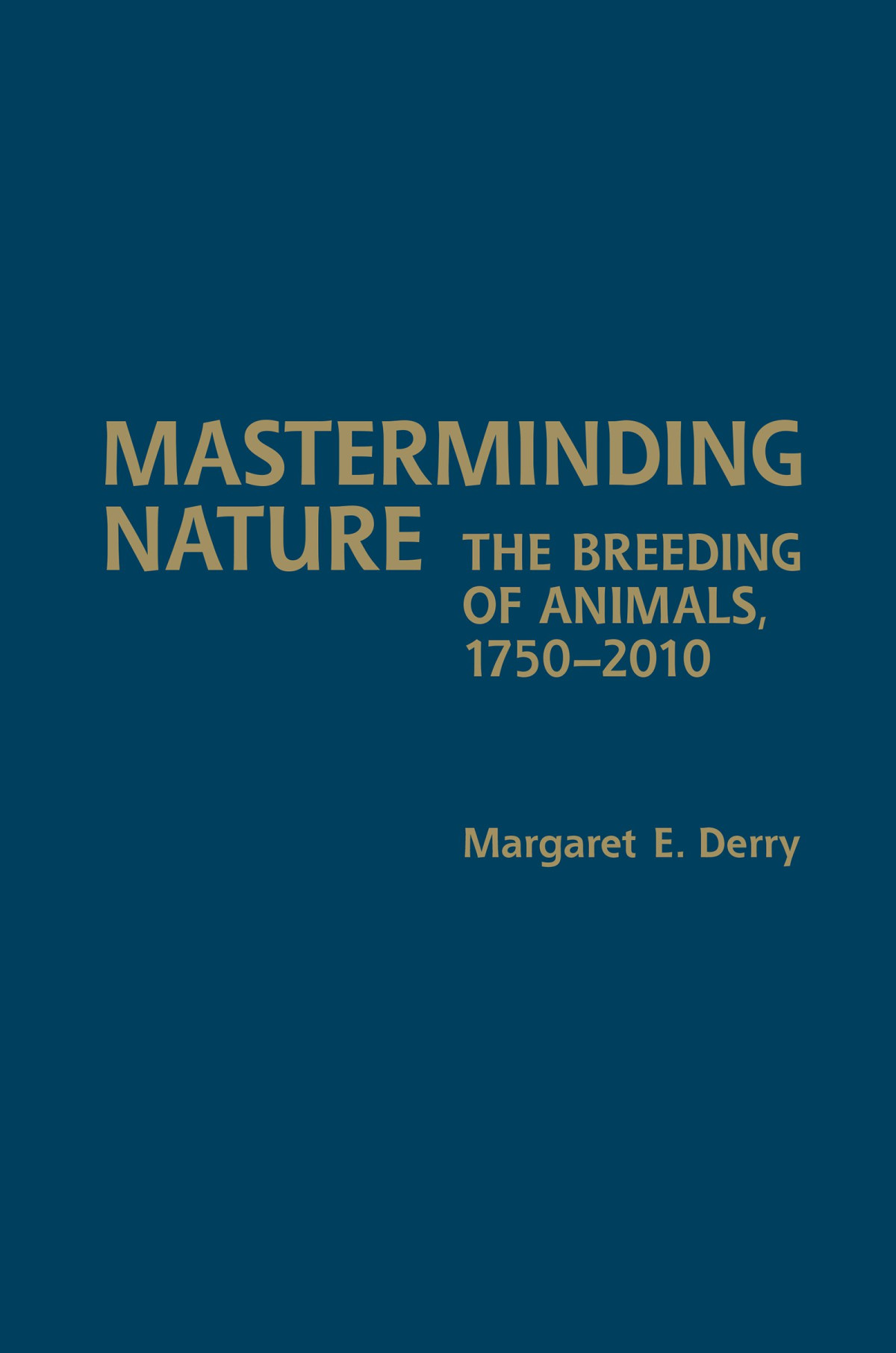

Most ebook files are in PDF format, so you can easily read them using various software such as Foxit Reader or directly on the Google Chrome browser.
Some ebook files are released by publishers in other formats such as .awz, .mobi, .epub, .fb2, etc. You may need to install specific software to read these formats on mobile/PC, such as Calibre.
Please read the tutorial at this link: https://ebookbell.com/faq
We offer FREE conversion to the popular formats you request; however, this may take some time. Therefore, right after payment, please email us, and we will try to provide the service as quickly as possible.
For some exceptional file formats or broken links (if any), please refrain from opening any disputes. Instead, email us first, and we will try to assist within a maximum of 6 hours.
EbookBell Team

4.4
12 reviewsInMasterminding Nature, Margaret Derry examines the evolution of modern animal breeding from the invention of improved breeding methodologies in eighteenth-century England to the application of molecular genetics in the 1980s and 1990s. A clear and concise introduction to the science and practice of artificial selection, Derry’s book puts the history of breeding in its scientific, commercial, and social context. Masterminding Natureexplains why animal breeders continued to use eighteenth-century techniques well into the twentieth century, why the chicken industry was the first to use genetics in its breeding programs, and why it was the dairy cattle industry that embraced quantitative genetics and artificial insemination in the 1970s, as well as answering many other questions. Following the story right up to the present, the book concludes with an insightful analysis of today’s complex relationships between biology, industry, and ethics.